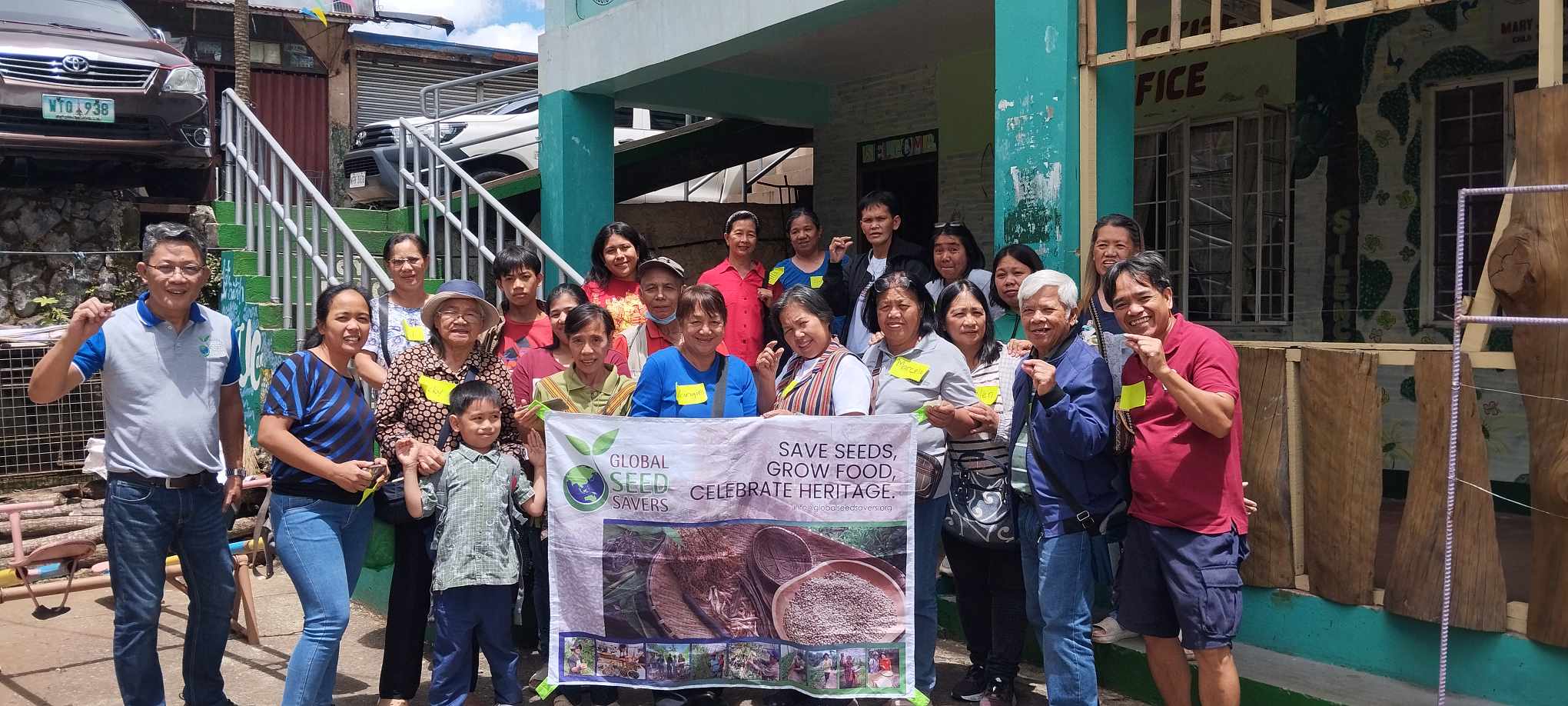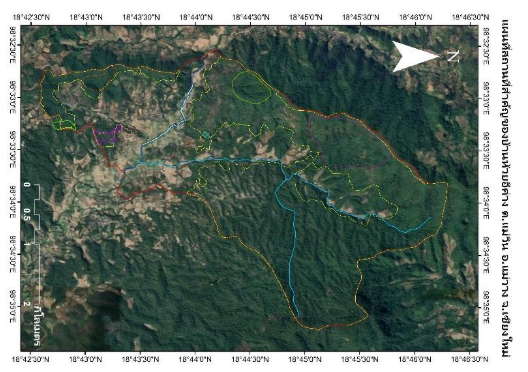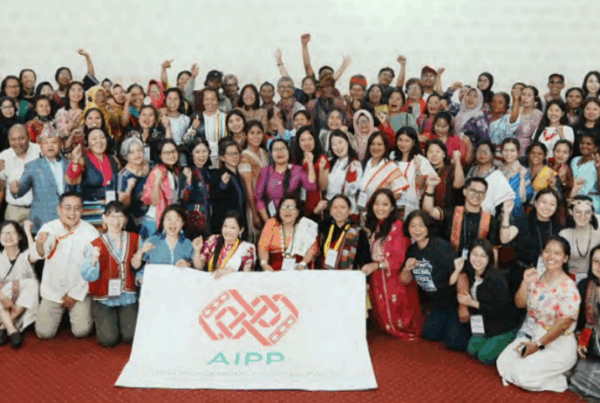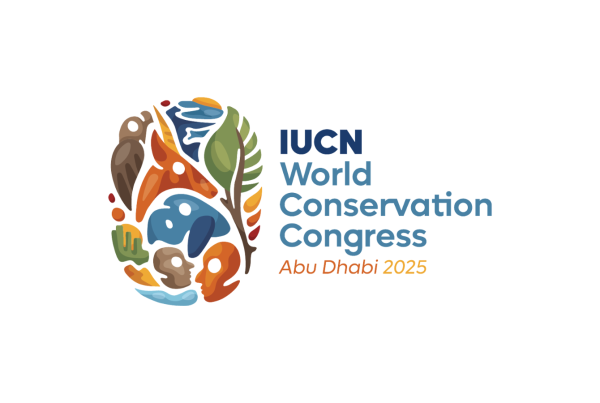In Baguio City, a thriving community of home gardeners is doing their part to address biodiversity loss and build a more sustainable city. Their collective work contributes to local food security and the preservation of traditional practices and biodiversity.
To celebrate International Day for Biological Diversity and support family farmers and community gardeners, PIKP and the Global Seed Savers held an informational session centered on seed sovereignty. Participants learned their inherent right as farmers, gardeners, and communities to save, exchange, and use their seeds and the freedom to select, adapt, and share seeds free from restrictive regulations and corporate control. The importance of seed sovereignty is that it promotes and preserves cultural heritage, traditional knowledge, and agricultural diversity for farmers, gardeners, and communities.
While some might think biodiversity loss is a global impact far from us, it has direct impacts on our daily lives through our diets. 90% of crop diversity has disappeared from farmers’ fields in the last 100 years. Within the last 40 years, our diets have also lost food diversity due to synthetic seeds, industrial farming, global warming, and other factors. Therefore, biodiversity loss through homogenized diets has led to poor nutrition and rising health issues.
A way to address biodiversity loss is through seed-saving practices. Seed sovereignty is more than a farming practice, it is a form of resistance and resilience. Baguio City is a migrant area with many Indigenous Peoples who share their knowledge from the different communities they come from. Sharing their valuable knowledge also allows them to transfer this information to the youth.
The Seed Sovereignty practices are aiming to help build resilient and healthy communities by accessing naturally-grown farmers-produced seeds and food. By helping organize and mobilize community gardeners and family farmers, we can foster sustainable communities and regenerative ecosystems.
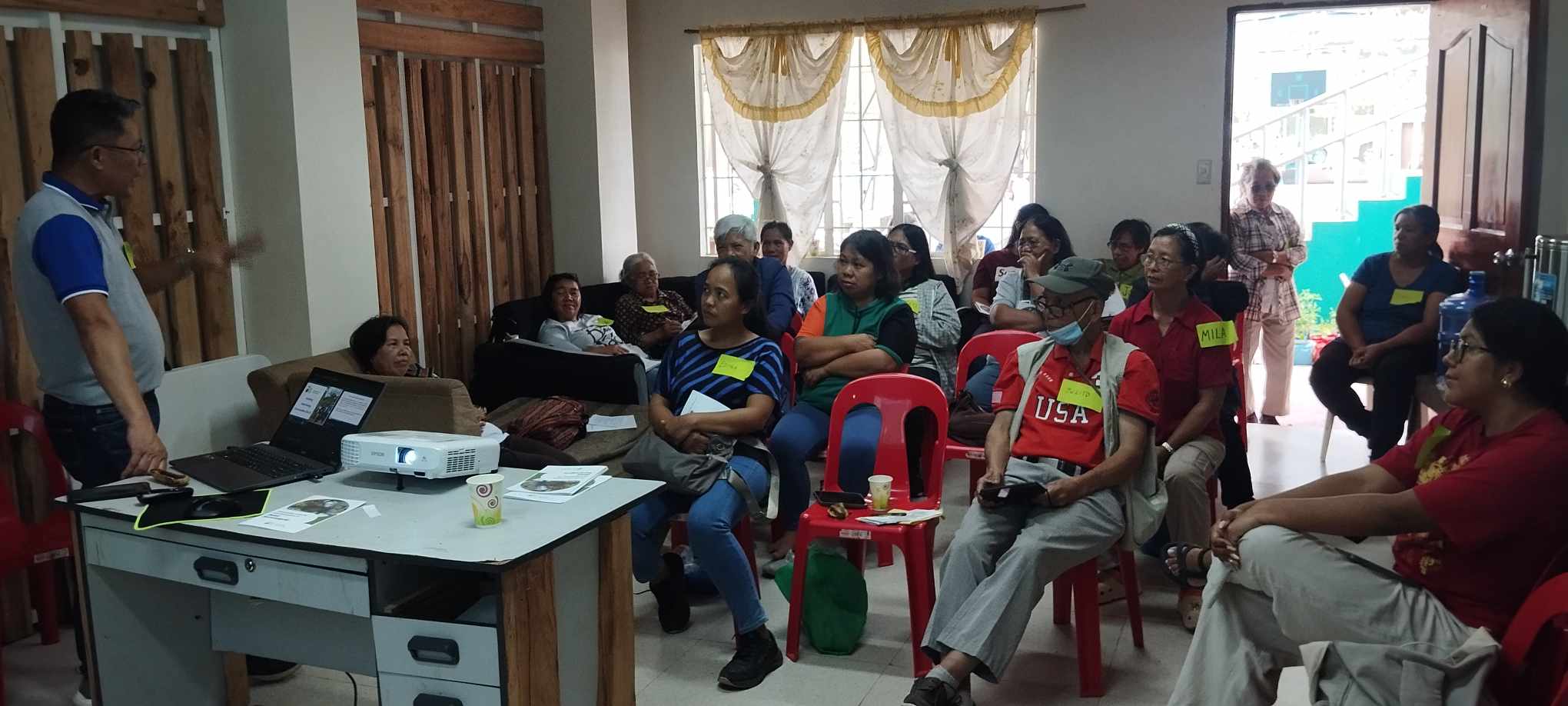
Type: Article
Region: Asia
Country: Philippines
Theme: Sustainable livelihoods; Traditional and local knowledge
Partner: Partners for Indigenous Knowledge Philippines (PIKP)
